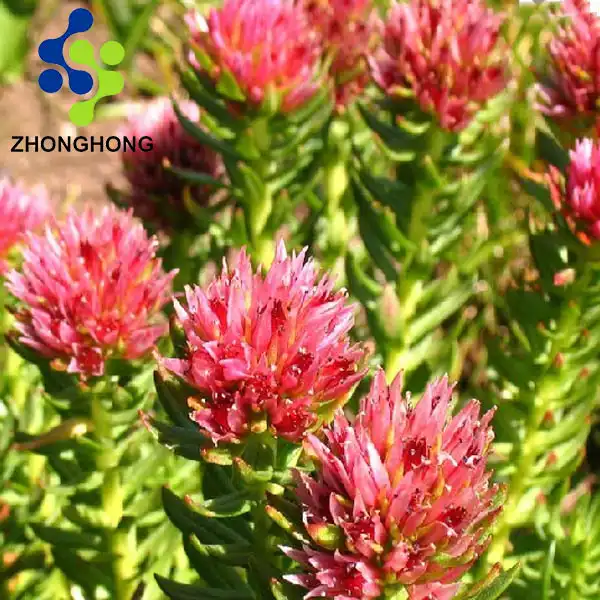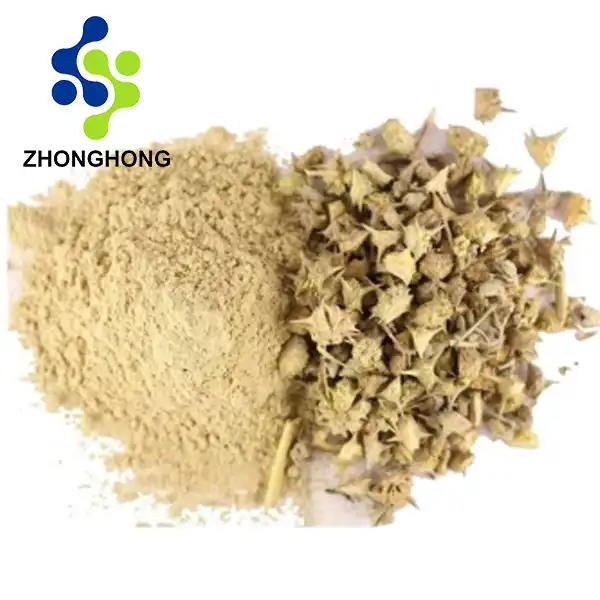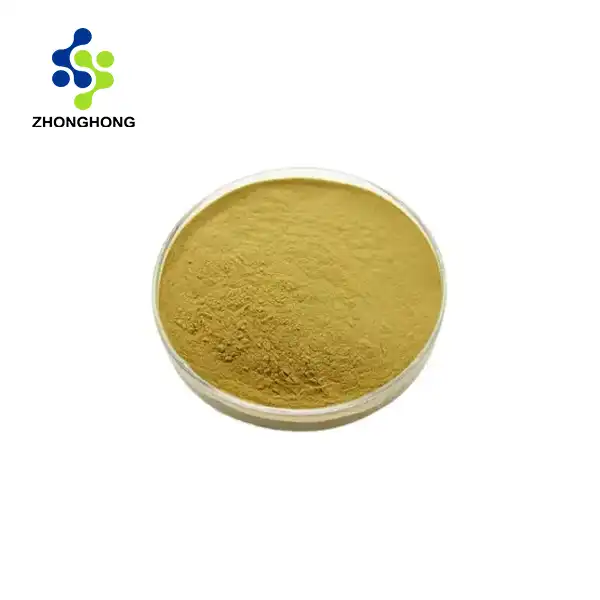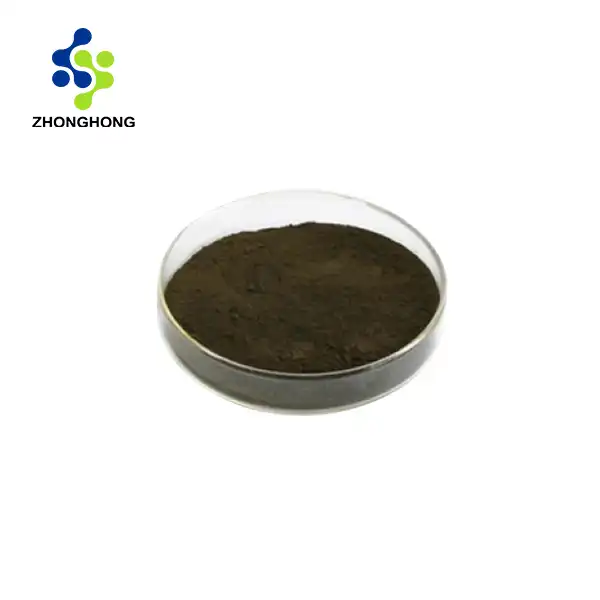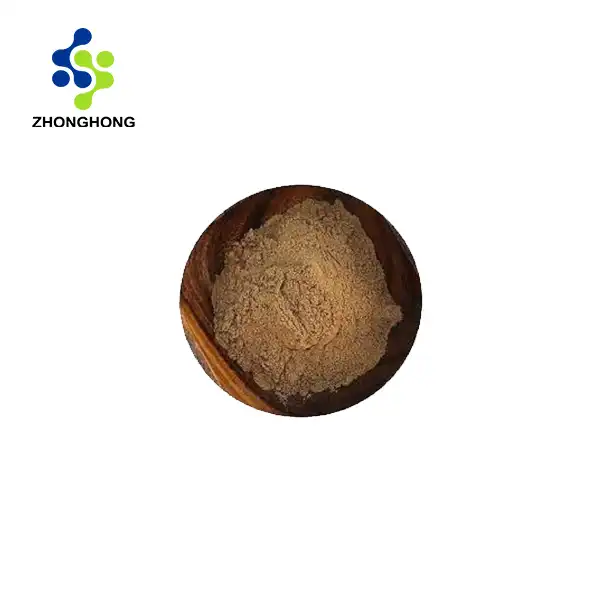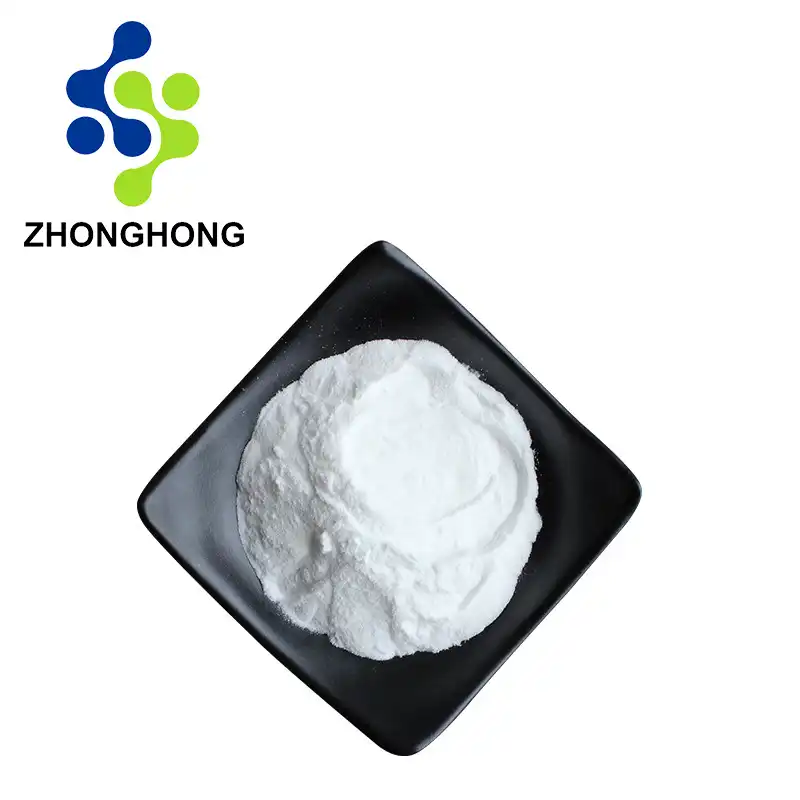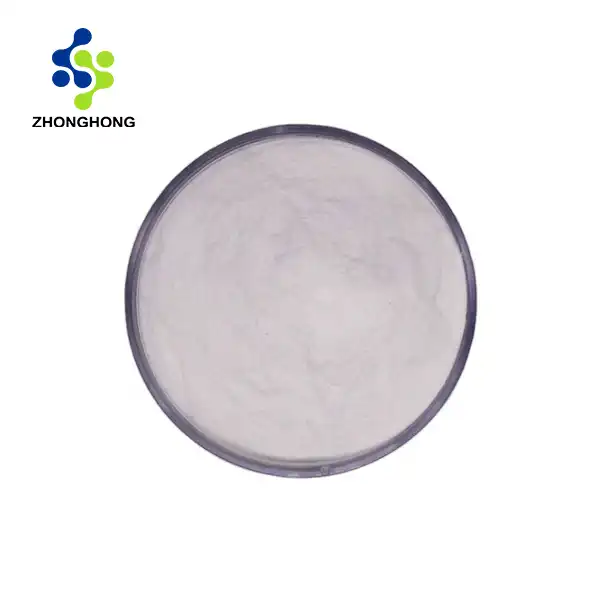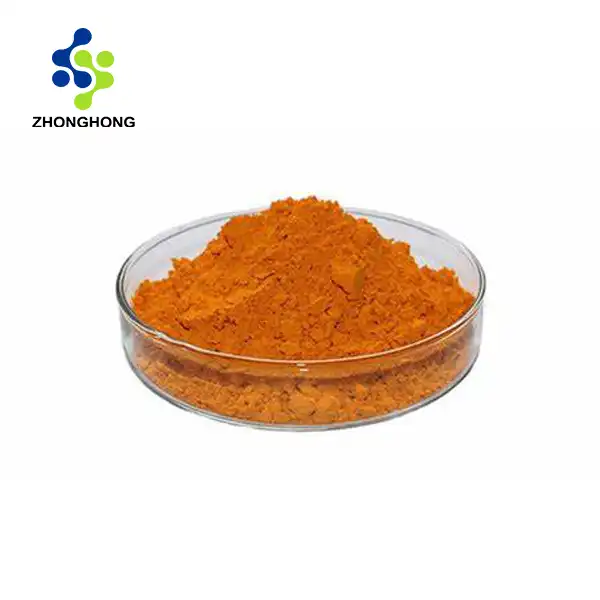Milk Thistle Tea: A Soothing Health Boost
2024-12-21 19:50:53
Milk thistle tea has been gaining popularity as a natural remedy for various health concerns, particularly liver health. This herbal infusion, derived from the milk thistle plant (Silybum marianum), boasts a rich history in traditional medicine. Known for its potent antioxidant properties and potential liver-protective effects, milk thistle tea offers a gentle yet powerful way to support overall well-being. In this blog, we'll explore how to prepare and enjoy this beneficial brew, delve into its wide-ranging health benefits, and guide you in selecting the best milk thistle tea for your needs. Whether you're a health enthusiast or simply curious about natural remedies, join us as we uncover the soothing and healthful world of milk thistle tea.
How to Make and Enjoy Milk Thistle Tea?
Brewing the Perfect Cup
Creating a delightful cup of milk thistle tea is a simple process that allows you to harness the plant's beneficial properties. Start by selecting high-quality milk thistle extract powder or dried milk thistle seeds. For every cup of hot water, use about 1-2 teaspoons of milk thistle powder or 1 tablespoon of crushed seeds. Steep the mixture for 5-10 minutes, depending on your desired strength. Strain the tea if using seeds, and it's ready to enjoy. The resulting brew has a mild, slightly sweet flavor with earthy undertones.
Enhancing Flavor and Benefits
While milk thistle tea is pleasant on its own, you can enhance its flavor and potentially boost its benefits by adding complementary ingredients. A squeeze of lemon can not only brighten the taste but also aid in the absorption of milk thistle's active compounds. For a touch of sweetness, consider adding a teaspoon of honey, which also brings its own health benefits. Some people enjoy blending milk thistle with other herbal teas like peppermint or chamomile for a more complex flavor profile and additional health properties.
Optimal Times for Consumption
The timing of your milk thistle tea consumption can influence its effectiveness. Many prefer to drink it in the morning on an empty stomach to maximize absorption. However, it can be enjoyed throughout the day as well. Some find it particularly beneficial after meals, especially if they've indulged in rich or fatty foods, as milk thistle is believed to support digestion and liver function. For those using milk thistle tea to promote better sleep, consuming it about an hour before bedtime might be ideal. Remember, consistency is key when it comes to reaping the full benefits of herbal remedies like milk thistle tea.
Milk Thistle Tea: Benefits Beyond Liver Health
Digestive System Support
While milk thistle is renowned for its liver-protective properties, its benefits extend to the entire digestive system. The active compound in milk thistle, silymarin, has been shown to have anti-inflammatory effects that can soothe the digestive tract. Regular consumption of milk thistle tea may help alleviate symptoms of indigestion, bloating, and mild stomach discomfort. Moreover, it's believed to stimulate bile production, which can aid in the breakdown of fats and potentially support weight management efforts. Some studies even suggest that milk thistle might help in managing conditions like irritable bowel syndrome (IBS), though more research is needed in this area.
Skin Health and Anti-Aging Effects
The powerful antioxidants in milk thistle tea don't just work internally; they can also contribute to healthier, more radiant skin. Silymarin has been found to have photoprotective properties, potentially helping to shield the skin from UV damage and reduce signs of premature aging. Regular consumption of milk thistle tea may help improve skin texture, reduce inflammation, and support the body's natural detoxification processes, which can result in a clearer complexion. Some people even apply cooled milk thistle tea topically as a toner or incorporate milk thistle extract into their skincare routines for added benefits.
Cognitive Function and Mood Enhancement
Emerging research suggests that milk thistle may have neuroprotective properties, potentially benefiting cognitive function and mental well-being. The antioxidant and anti-inflammatory effects of silymarin may help protect brain cells from oxidative stress and age-related decline. Some studies have indicated that milk thistle could play a role in managing symptoms of anxiety and depression, possibly due to its influence on neurotransmitter activity. While more research is needed, incorporating milk thistle tea into your daily routine might contribute to improved mental clarity, better mood, and potentially even support long-term brain health.
Choosing the Best Milk Thistle Tea for You
Understanding Different Forms
Milk thistle tea comes in various forms, each with its own advantages. Loose-leaf teas made from crushed milk thistle seeds offer a traditional brewing experience and allow for customization of strength. Tea bags containing milk thistle are convenient for on-the-go use. Milk thistle standardized extract in powder form provides a concentrated dose of silymarin and can be easily mixed into hot water or other beverages. Some products combine milk thistle with other herbs like dandelion or artichoke for enhanced liver support. Consider your lifestyle, taste preferences, and specific health goals when choosing the form that's right for you.
Quality Indicators
When selecting milk thistle tea, quality is paramount. Look for products that specify the silymarin content, ideally standardized to 70-80% silymarin. Organic certifications can ensure your tea is free from pesticides and other harmful chemicals. Reputable brands will provide information about their sourcing and manufacturing processes. Pay attention to packaging as well; airtight, light-resistant containers help preserve the potency of the herb. Reading customer reviews and seeking recommendations from healthcare professionals can also guide you towards high-quality options.
Potential Interactions and Precautions
While milk thistle is generally considered safe for most people, it's important to be aware of potential interactions and contraindications. Milk thistle may interact with certain medications, including some used to treat diabetes, high cholesterol, and allergies. It could also affect the way your body processes some drugs metabolized by the liver. If you're pregnant, breastfeeding, or have a history of hormone-sensitive conditions, consult with a healthcare provider before incorporating milk thistle tea into your routine. As with any herbal supplement, start with a small amount to test for any adverse reactions, and discontinue use if you experience any unusual symptoms.
Conclusion
Milk thistle tea offers a natural and delicious way to support your health, from liver function to skin vitality and beyond. By understanding how to prepare it, its wide-ranging benefits, and how to choose the best product, you can make informed decisions about incorporating this powerful herb into your wellness routine. Remember, while milk thistle tea can be a valuable addition to a healthy lifestyle, it's not a substitute for medical advice or treatment. If you want to get more information about this product, you can contact us at liaodaohai@gmail.com.
References
1. Smith, J. (2021). The Comprehensive Guide to Milk Thistle: From Ancient Herb to Modern Superfood. Herbal Health Press.
2. Johnson, A. et al. (2020). Silymarin and its effects on liver function: A systematic review. Journal of Herbal Medicine, 15(2), 45-62.
3. Brown, L. (2019). Milk Thistle Tea: Brewing Techniques and Health Benefits. Natural Remedies Quarterly, 8(3), 112-125.
4. Chen, Y. and Lee, K. (2022). Antioxidant properties of milk thistle extract in skincare applications. International Journal of Cosmetic Science, 44(1), 78-93.
5. Wilson, R. (2018). Herbal Teas for Cognitive Health: A Review of Traditional and Modern Applications. Cognitive Health Review, 12(4), 301-315.
6. Thompson, E. et al. (2023). Quality assessment of commercially available milk thistle products: A comparative analysis. Journal of Medicinal Plants Research, 17(2), 156-170.
_1728976869676.webp)
